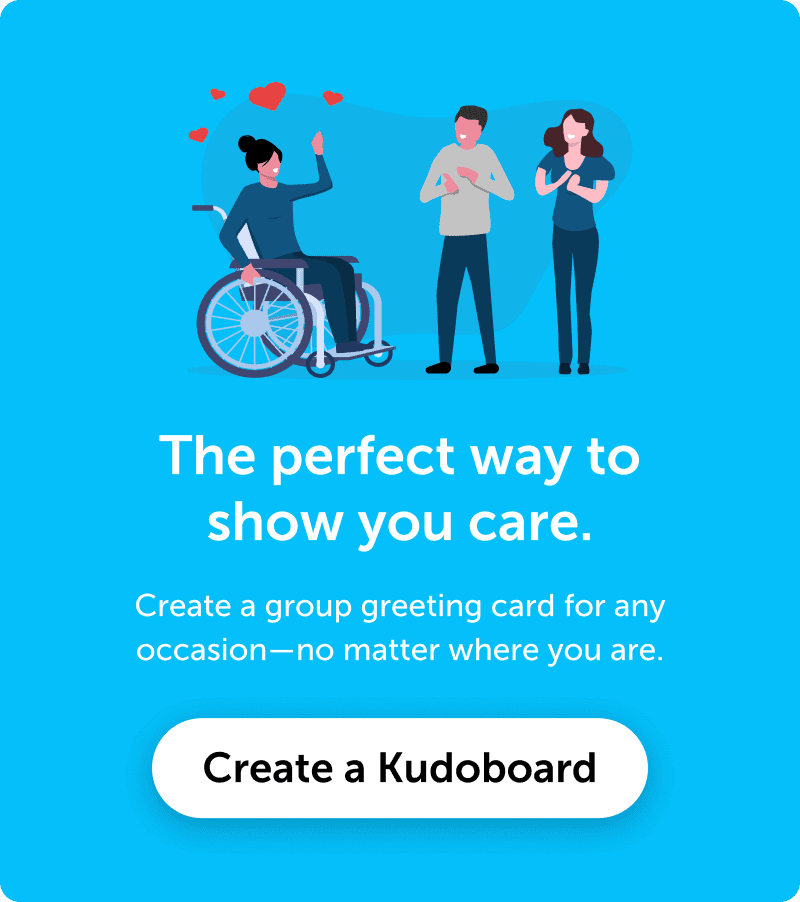Another day, another round of layoffs blasted throughout the news. Watching it unfold without any control over the outcome leaves employees, and those recently terminated, in a whirlwind of confused and raw emotions. The remaining workers at companies often suffer from post-layoff stress and guilt for still having a job when so many are left without one. The affected employees in a layoff will all experience an entirely different rollercoaster-like set of emotions. If you find yourself on the “layoff rollercoaster” and you are looking for validation or understanding of what has happened, we’ve compiled a list of employee reactions to layoffs.
Read More: What is Corporate Survivors’ Guilt?
What Kind of Layoffs are There?
A layoff is a permanent or temporary elimination of an employee’s position within their workplace due to no fault of their own. It can look like the following:
- Involuntary: This is usually what people think of when they hear “layoff.” This occurs when an employee is let go from their place of work without their choosing, and it is due to no fault of their own. Involuntary layoffs are chosen for reasons such as cutting costs, mergers, or buyouts.
- Voluntary: Rather than choosing which employees receive job cuts, a voluntary layoff allows employees to electively leave their job and receive an incentivizing severance package. This option helps individuals to leave on good terms and also explore other career options they may have wanted. Whether or not unemployment benefits can be collected in this case is up to the laws of the state.
- Furlough: This is a temporary alternative that allows the company time to restructure things in order to bring employees back. In a furlough, an employee is not permanently let go, but rather put on pause. There is usually a decided end date given, and often health benefits from the company are still intact.
- Fired: This is not a type of layoff, but it gets confused with one, so it is worth mentioning. Being fired differs from layoffs because it comes as a result of negative actions (or inactions) from the employee rather than the company.
How Do Layoffs Make You Feel?

Have you ever been prescribed medication by a doctor or other healthcare professional? Whether you wanted it or not, sometimes it’s necessary. Often medications will come with various side effects, both emotional and physical. Layoffs are a little bit like that. They aren’t always exactly what you might have wanted, but sometimes you don’t have much of a choice. Each employee will experience a layoff differently but, just like prescription medication, they often come with very common negative “side effects.”
Read More: 5 Negative Effects of Layoffs
Common Side Effects of Layoffs
- Increased anxiety
- Depression
- Anger
- Lowered self-esteem
- Feelings of worthlessness
- Lack of trust
- Shame
- Fear-based mindset
- Disengagement
- Lack of motivation
- Insomnia
- Nausea or stomachaches
- Development of new or worsened health conditions
- Headache
- Fatigue
When to Seek Help
Every prescription medication has a “less common” but more serious side effect section, and layoffs do as well. The process is known to cause trauma which can snowball into serious consequences. These are the side effects of layoffs to not ignore:
- Substance abuse
- Self-harm
- Violent acts
- Increased death rate by 15-20%
- 2.5 times increased rate of suicide
If you or someone you know is experiencing thoughts of suicide or is in a state of crisis call 988 or chat at 988lifeline.org for help. You are not alone in what you are feeling, and there is help and hope. Please reach out to those who can help.
5 Personal Employee Experiences with Layoffs

When going through job cuts it is often helpful to hear other recounts of individuals’ experiences. Though they might have a different story from your own, it is beneficial to be validated in your own experience and to see how other situations have played out. Below is a compilation of other affected workers and their wide range of stories – the good, the bad, and the ugly.
- Former Twitter employee, Yash Argarwal, went viral for a tweet saying “Just got laid off,” and received over 4,000 retweets and over 54k likes. He shared that he feels a lot of gratitude to have worked at Twitter and shared the work culture with his coworkers. He was lucky enough to not be greatly impacted economically which has allowed him to not experience a lot of negative and stressful side effects. Though he was not expecting anything from that tweet, and he discourages fake and toxic positivity, he was able to feel solidarity with thousands of people who are going through similar situations.
- Ty Timlet shared the following in a post on Linkedin:
“I’m not sad about being laid off from Meta. It’s disappointing, sure. But I’ve grown so much in the last 8 months. This experience elevated my career and I was able to help the hiring teams find good talent… But let me share how this opportunity changed my life (as a black woman):
- I moved into my first apartment. Up until 29, I never lived alone due to finances.
- I got Lasik! I’ve always struggled with my vision my entire life. Meta made it so affordable!
- I met my tribe! Some of my #metamates have turned into life-long friends.
- I paid off debt that was hindering me from achieving other financial goals.
- I built a community of 16,000 woman and showed them that landing your dream job is possible.
So when people ask, “how do you feel?” My answer: I’m so grateful. I’m rooted in gratitude knowing that my time at metal was one that I will share forever.
- Neelima Agarwal was one of Meta’s 11,000 employees laid off in 2022. She left her job in Hyderabad, India, and relocated to Canada to work as an IT professional with Meta. Moving to a new country naturally comes with a lot of stress and emotions, not to mention a very long visa process. After only a week in the country, and just 2 days working at Meta she was laid off, along with 13% of the company’s workforce.
- An unnamed employee shared that while the actual process of being told they were laid was not great, the aftermath was. During a 5-minute phone call, in which the HR rep didn’t even address them by the right name (yikes), they were let go from their place of work after almost 18 years at the company. Tears, fears, and hopelessness filled the rest of the day, but the next day brought relief and joy. All of the stress and drama they had dealt with was over and it resulted in a renewed sense of happiness. The severance package and other benefits offered only helped to sweeten the deal.
- Tommy York was working as a software engineer at Google while his mother was going through the last stages of cancer, and was let go from his job along with 12,000 other employees. He shared an account of his experience on Linkedin:
“I was laid off from Google last week. I found out on my fourth day back from bereavement leave for my mom who died from cancer in December… I’ve certainly heard worse stories, including layoffs of expecting parents and of Googlers on disability leave. But it still feels like a slap in the face, like being hit when you’re down… There will always be more opportunities for work at exciting companies, but a parent dies only once. I’m grateful that I spent the time and energy I did with my Mom, and not overworking for a company who might decide one cold Friday morning that my badge doesn’t work anymore.”
What Resources are Available in a Layoff?
- According to the Worker Adjustment and Retraining Act (WARN), employers must give a 60 day notice prior to implementing layoffs as long as the company meets certain criteria. If you were laid off without notice, you might be owed back pay and other benefits for each day of the failed notice.
- If you are located in the United States you can contact your local American Job Center for help with job searches, training, and answers to questions. Working with them can provide workforce development solutions and beneficial resources to those out of work.
- Rapid Response is a program that, at no cost to you, helps to get you back to work as quickly as possible. Rapid Response teams provide services such as career counseling, resume assistance, interviewing skills, education and training, assistance with unemployment insurance, financial planning, stress management workshops, and many more. Find your state’s contacts here.
- The internet is an invaluable resource. Many articles online help to outline the steps to take following a layoff, as well as provide other resources and connections to people going through the same thing.
- Unemployment applications can be stressful when you are suddenly facing the task unexpectedly. The U.S. department of labor website will help you figure out if you are eligible for unemployment aid, how to apply, and where to apply based on which state you live in.
Conclusion
Although no one wants to find themselves in the position of post-layoff stress, there is hope in knowing you are not the only one. Understanding the common experiences shared by others in your same position, as well as what to expect, and where to find help, can greatly reduce the physical and emotional burden you might find yourself in. You aren’t alone! This temporary hurdle will soon be behind you.






